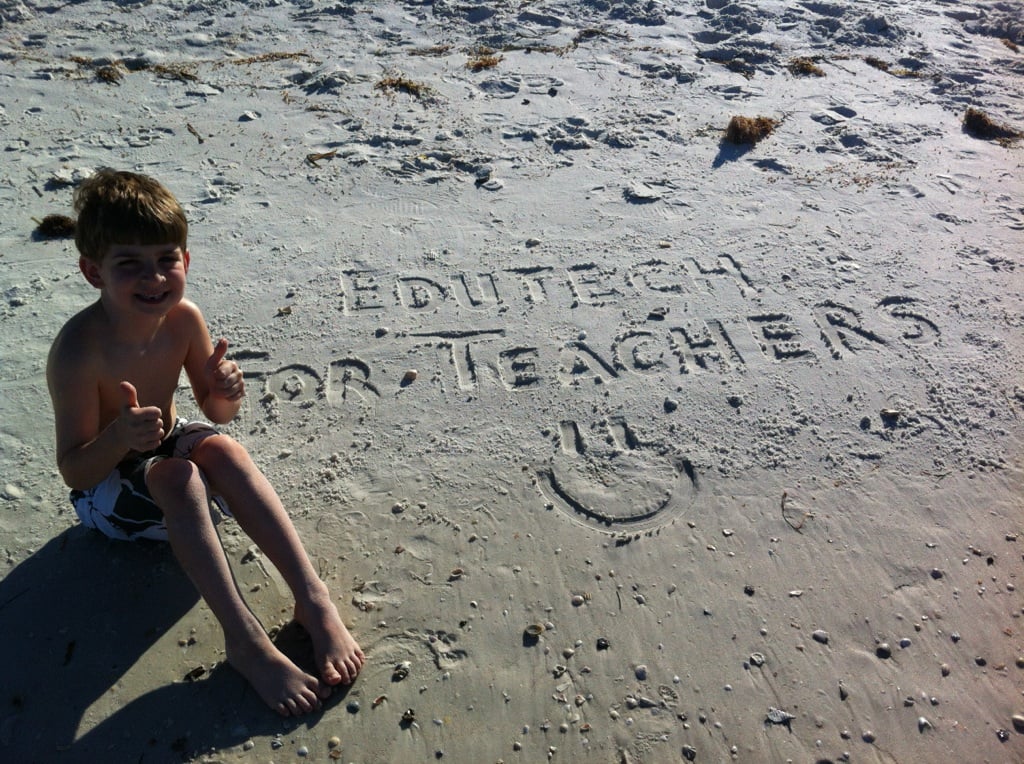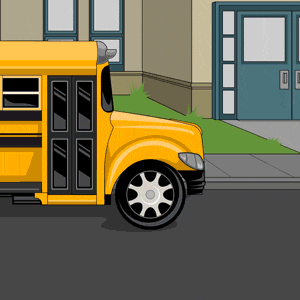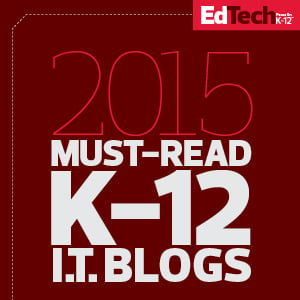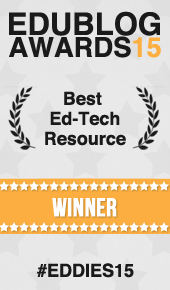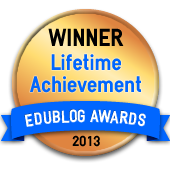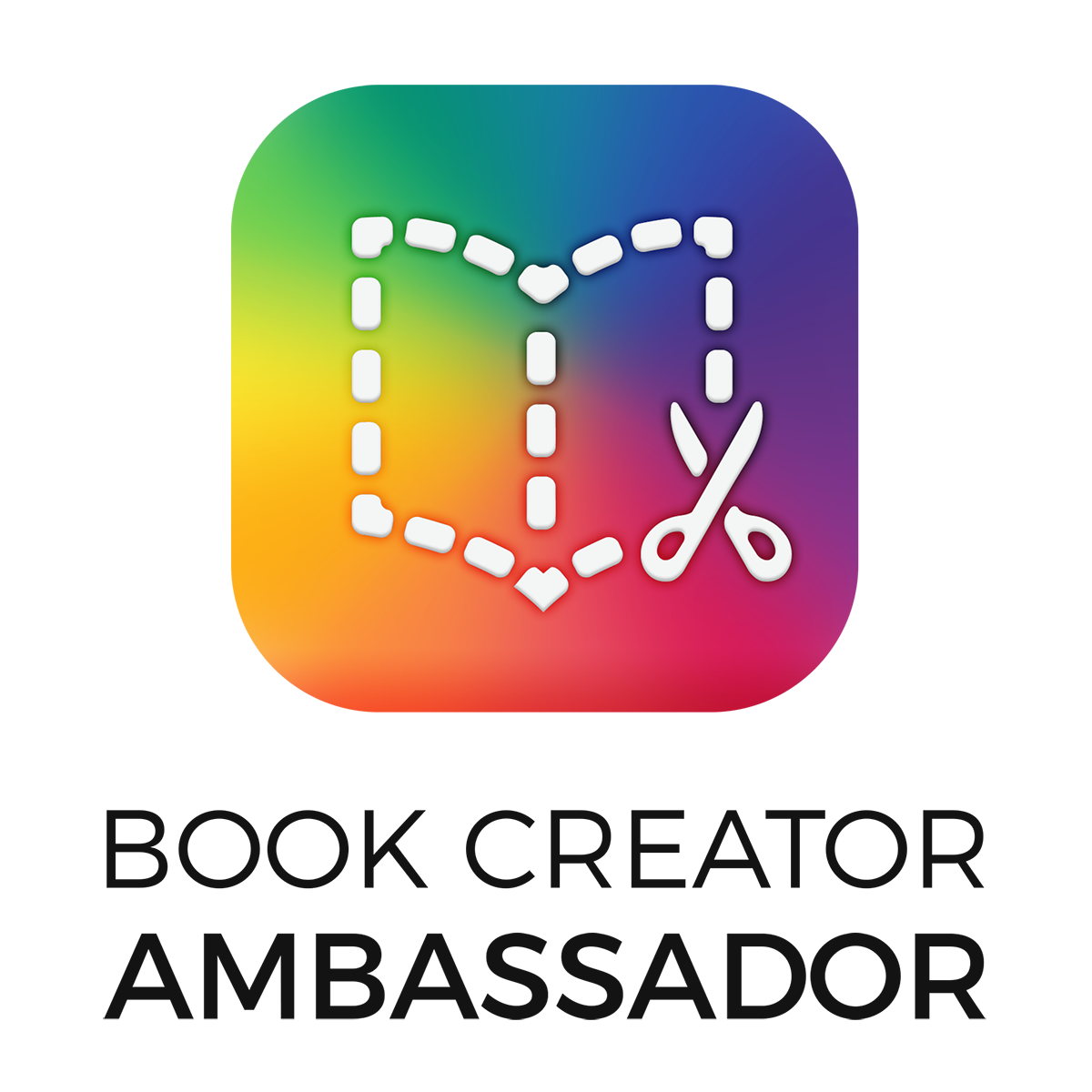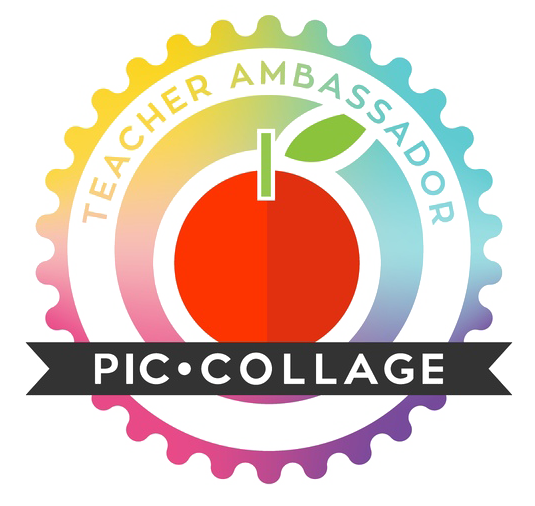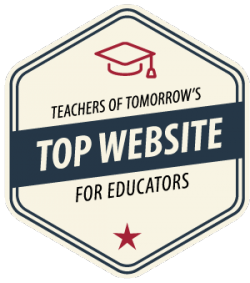Guest Post: Media Experts Name Best Technology Skill for Graduates
 Most teachers in the U.S. today are working hard to learn about and incorporate the Common Core State Standards.
Most teachers in the U.S. today are working hard to learn about and incorporate the Common Core State Standards.
The CCSS focus on important skills such as: arguing thoughtfully, questioning creatively, researching efficiently, reading complex texts with understanding, and writing to communicate effectively.
Yet in many schools there is an epidemic of students who are disengaged from their learning. They don’t own it, they don’t care about it, and they don’t see the point.
Will the CCSS solve this problem? I seriously doubt it. I doubt it, that is, unless teachers actively look for ways first to engage their students, then to help them become self-motivated.
Which issues does technology address?
There have been many articles written, both online and in peer-reviewed journals, about how technology is the silver bullet for: boosting student engagement, and perhaps even for increasing student test scores. Well this simply won’t be the case if technology is not used in ways that meet both of these important educational criteria.
One of the key goals of the CCSS is to prepare students for college and the work force after they graduate. What skills do they need to be prepared? According to the Institute for the Future, in their report, Future Work Skills 2020, some of the key skills include:
• Sense-making: The ability to determine the deeper meaning or significance of what is being expressed.
• Social intelligence: The ability to connect to others in a deep and direct way, to sense and stimulate reactions and desired interactions.
• New-media literacy: The ability to critically assess and develop content that uses new media forms, and to leverage these media for persuasive communication.
• Transdisciplinarity: Literacy in and ability to understand concepts across multiple disciplines.
• Virtual collaboration: The ability to work productively, drive engagement, and demonstrate presence as a member of a virtual team
The report lists some additional skills as well, but these key skills are especially adaptable to technology-related lessons.
THE tech tool to teach
When I attended a seminar about media in business recently, run by Merrimack College in Massachusetts, one of the professors in the audience asked the presenters what our students should be learning in order to prepare for the current work environment. All of the speakers immediately said, “blogging”.
Surprised? You shouldn’t be. Blogging isn’t exactly new, but not only does it help students and teachers meet many Common Core criteria, but it also prepares students for workplace expectations, and engages them in technology activities. Done well, blogging also teaches students to be self-motivated.
What are some ways blogging helps students and teachers meet both some of the Future Workforce skills, as well as CCSS requirements?
• Students write constantly. Sometimes it is longer posts, sometimes it is shorter posts. But the act of writing every day means that they are practicing writing. Effective communication is a critical skill, and writing is a great way to communicate.
• Students have to make sense of other people’s blogposts and reply to them. They also have to do research to write effectively. This is “sense-making”.
• Students practice working in groups. They are enhancing their social intelligence and connecting deeply with others. Many students who engage in blogging also connect with, and collaborate with, experts on other blogs or websites. Their sense of the world grows both larger (as they realize they are not alone in their own little place) and smaller (as they connect world-wide).
• Blogging isn’t only about writing. Many times the writing leads to podcasts and videos and artwork, all of which can be posted on student blogs. This is new-media literacy. Students also develop more self-confidence with these performance-based communications.
• When students write a post, they aren’t (or shouldn’t be) just “reporting”. This is not a “bird unit”. They should be doing thoughtful research, asking creative questions, and taking a stand on an issue. This research will necessarily include some reading of complex texts.
• Putting many of these ideas together, teachers can begin a blogging activity by giving students a complex text, and then ask them to do some research around the topic, work with their peers, perhaps consult online experts, and communicate a particular point of view around the topic.
• As a side benefit, a personal blog about a student’s special interest also helps them develop credibility and expertise in an area in which they are especially interested. Really motivated students can use them to enhance their resumes for job and college applications. For example, a student who is interested in biking can develop a blog about local biking trails, fun excursions, local and online shops to get equipment, how to fix mechanical problems, etc. They can even include affiliate links and advertisements to make money!
When the media experts told professors at Merrimack College that students should be blogging, they likely didn’t know much about the CCSS. But when you put together all the pieces, clearly this is an important activity! It also has another side benefit of being thoroughly engaging for the students, especially when they are given some control over the topics about which they are learning and writing.
Allow your students to select a real-world topic of personal interest that is related to the curriculum, give them a structure for learning and writing about it, and I guarantee that you will have self-motivated students who learn a lot!
Questions: If you have used blogging with your students, please share your experiences in the comments so we can learn from you! If not, what kinds of topics do you think would lend themselves to your class and your students? Share those here too!
Deborah Owen is the School Librarian at Hudson High School. She is especially interested in helping students develop self-motivation, and in helping teachers present self-motivating ideas to students! She loves reading, research and writing, and sharing that enthusiasm with kids. Deborah blogs at Convergence in the Commons, and can be found on Twitter @DeborahCOwen . She has published articles in the journals Library Media Connection and Teacher-Librarian.


